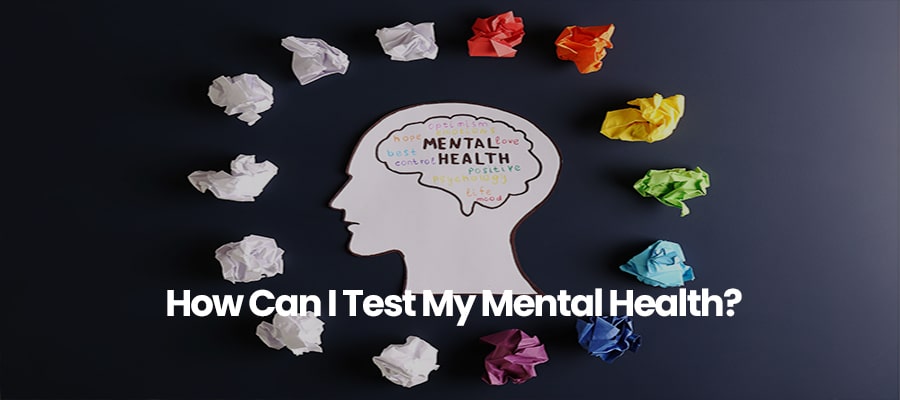
Substance addiction is a major health concern in the US, causing immeasurable levels of suffering, blighted lives, and early deaths. A little over 21 million American adults have an active addiction, but only 10 percent of them will get the help they need. [1] [2]
Table of Contents
ToggleHow Do Addictive Drugs Work?
All addictive drugs affect chemicals and minute structures in the brain that control our ability to feel pleasure and perceive pain. What makes one drug more addictive than the other lies in how powerfully it affects these neurochemicals and how rapidly and thoroughly the drug physically changes the brain. A person’s unique biochemistry and genetic heritage also play a large role in determining how vulnerable a person is to any addictive drug.
Addictive drugs either suppress pain, cause euphoria, or as in the case of the opioids, do both simultaneously. They also produce tolerance and habituation; that is, it takes an ever-increasing amount of the drug to reach the same levels of euphoria that a smaller initial dose initially delivered. Most addictive drugs also cause a withdrawal syndrome when they’re discontinued.
Heroin
Heroin is the most addictive member of the opiate family. Opiates are natural derivatives of opium, a substance produced by the poppy plant. Opioids, synthetic versions of opiates, can be just as addictive and include drugs such as morphine, oxycodone, hydrocodone, fentanyl, and codeine, among many others.
All prescription opioids work as pain relievers, blocking the perception of pain by binding to pain receptors throughout the body. Opioids also cause a rush of the neurotransmitter dopamine, provoking an overwhelming sense of euphoria.
All opioids, including heroin, slow breathing, and heart rate. Thousands of people overdose on heroin every year due to heroin’s powerfully sedating effects. [3]
Heroin is always in demand illicitly and is often taken when prescription drug addicts cannot get their drug of choice, leading to heroin addiction.
Alcohol
Alcohol is everywhere. It’s legal, cheap, and can be bought at many places, including grocery stores and gas stations. It is also considered socially acceptable to drink alcohol and for some age groups such as college students, getting drunk is viewed as a rite of passage. [4]
Alcohol is a depressant and boosts the effectiveness of a neurochemical called GABA. GABA calms and soothes nerve tissue throughout the body. It also releases dopamine in the brain, which increases feelings of happiness and euphoria. This makes people want to drink more and over time, they develop a tolerance. As someone increases the amount of alcohol they consume, their risk of dependency and withdrawal also increases. Alcohol withdrawal symptoms are extremely dangerous and alcohol quitting “cold turkey” can be lethal.
Some symptoms of alcohol withdrawal syndrome include:
- Sweats
- Nausea
- Muscle cramps
- Vomiting
- Tremors
- Headaches
- Hallucinations (in severe alcohol withdrawal)
- Seizures [5]
Cocaine
Cocaine is a powerful stimulant that supercharges dopamine levels in the brain, creating an overwhelming sense of well-being and euphoria. [6] It also increases a person’s energy levels, elevates heart rate, briefly increases mental alertness, and decreases appetite. People may inject, snort, or smoke cocaine and its derivatives, like crack cocaine.
Cocaine produces tolerance rapidly, with many users reporting that they use more and more cocaine to try to get as much pleasure as they did from their first initial doses. This escalating degree of cocaine use often results in fatal overdoses. In 2018, almost 15,000 people died in the US from a cocaine overdose.
Crystal Methamphetamine
Crystal meth or methamphetamine is a stimulant similar in its effects to cocaine. Because of its relative simplicity to make, it’s plentiful and cheap, producing a quick high that also fades rapidly. Similar to cocaine, meth also increases dopamine in the central nervous system, which produces euphoric feelings and increased energy. [8]
The long-term effects of meth abuse are devastating for those suffering from meth addiction.
Some of these include:
- Severe dental problems aka “meth mouth”
- Heart disease
- Drastic weight loss
- Psychosis
- Brain damage
Nicotine
Like alcohol, nicotine is legal. It’s also profoundly addictive. [9] As with other highly addictive drugs, nicotine use releases dopamine, which produces feelings of well-being. It also increases the activity of the adrenal glands, causing an increase in blood pressure, heart rate, and respiration. Because of the excess adrenaline, nicotine makes a person feel more alert and more energetic. However, keeping an elevated level of adrenaline leads to tissues in the body becoming chronically fatigued, less able to work correctly, and over time will seriously damage major organs.
If you’re concerned you or a loved one may have a substance abuse problem, Agape Treatment Center in Fort Lauderdale is available to help. Please give us a call—we are ready to help you 24 hours a day, every day. Our admissions counselors will work with you in determining your treatment options, how to cover the cost of treatment, and set up a date and a time for intake.
Resources
-
- https://www.aamc.org/news-insights/21-million-americans-suffer-addiction-just-3000-physicians-are-specially-trained-treat-them
- https://www.drugabuse.gov/related-topics/trends-statistics/overdose-death-rates
- https://www.drugabuse.gov/publications/drugfacts/heroin
- https://www.drugabuse.gov/drugs-abuse/alcohol
- https://www.webmd.com/mental-health/addiction/alcohol-withdrawal-symptoms-treatments
- https://www.drugabuse.gov/publications/research-reports/cocaine/how-does-cocaine-produce-its-effects
- https://www.drugabuse.gov/publications/research-reports/cocaine/what-are-long-term-effects-cocaine-use
- https://www.drugabuse.gov/publications/drugfacts/methamphetamine
- https://www.drugabuse.gov/publications/research-reports/tobacco-nicotine-e-cigarettes/nicotine-addictive







